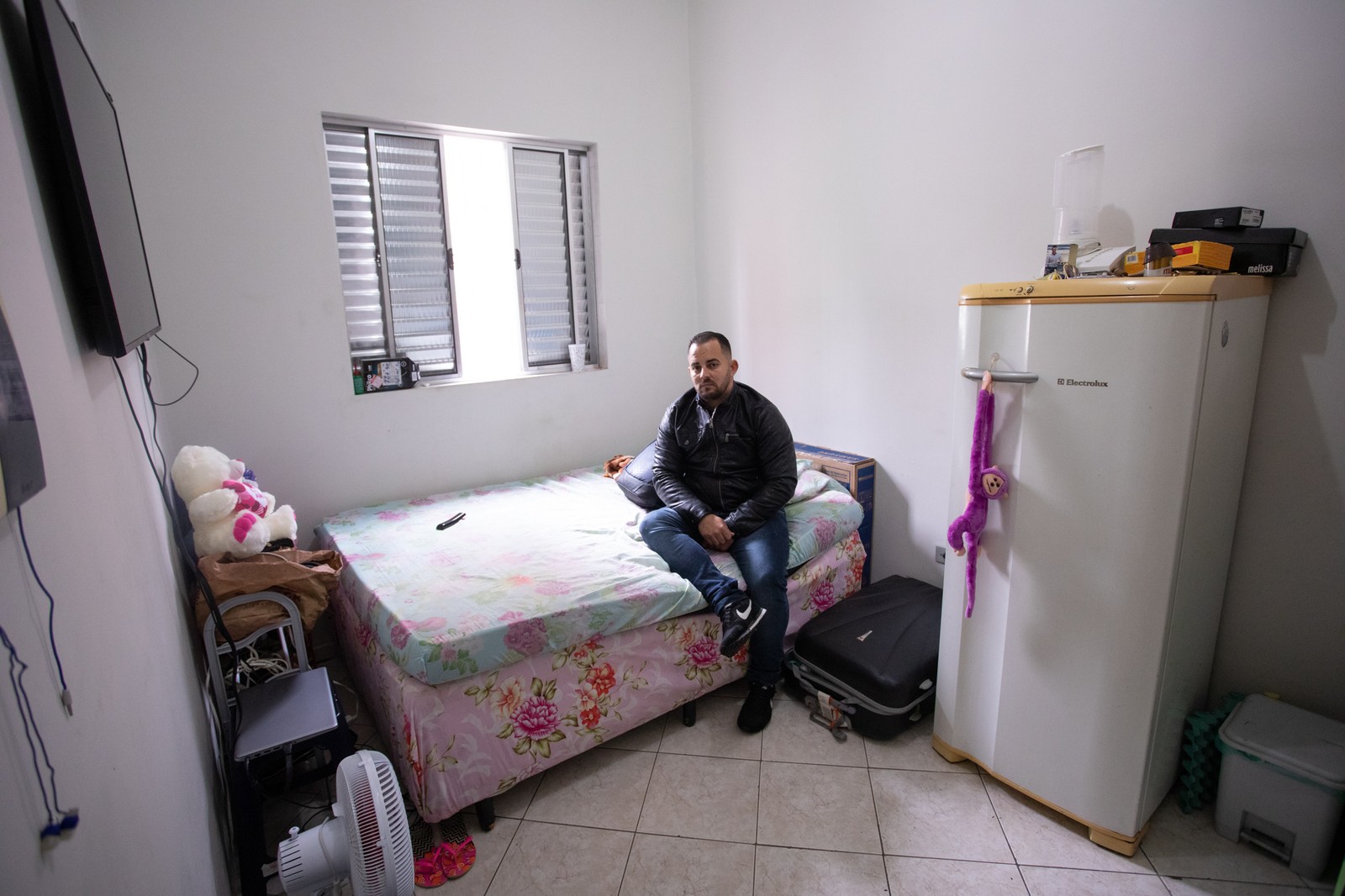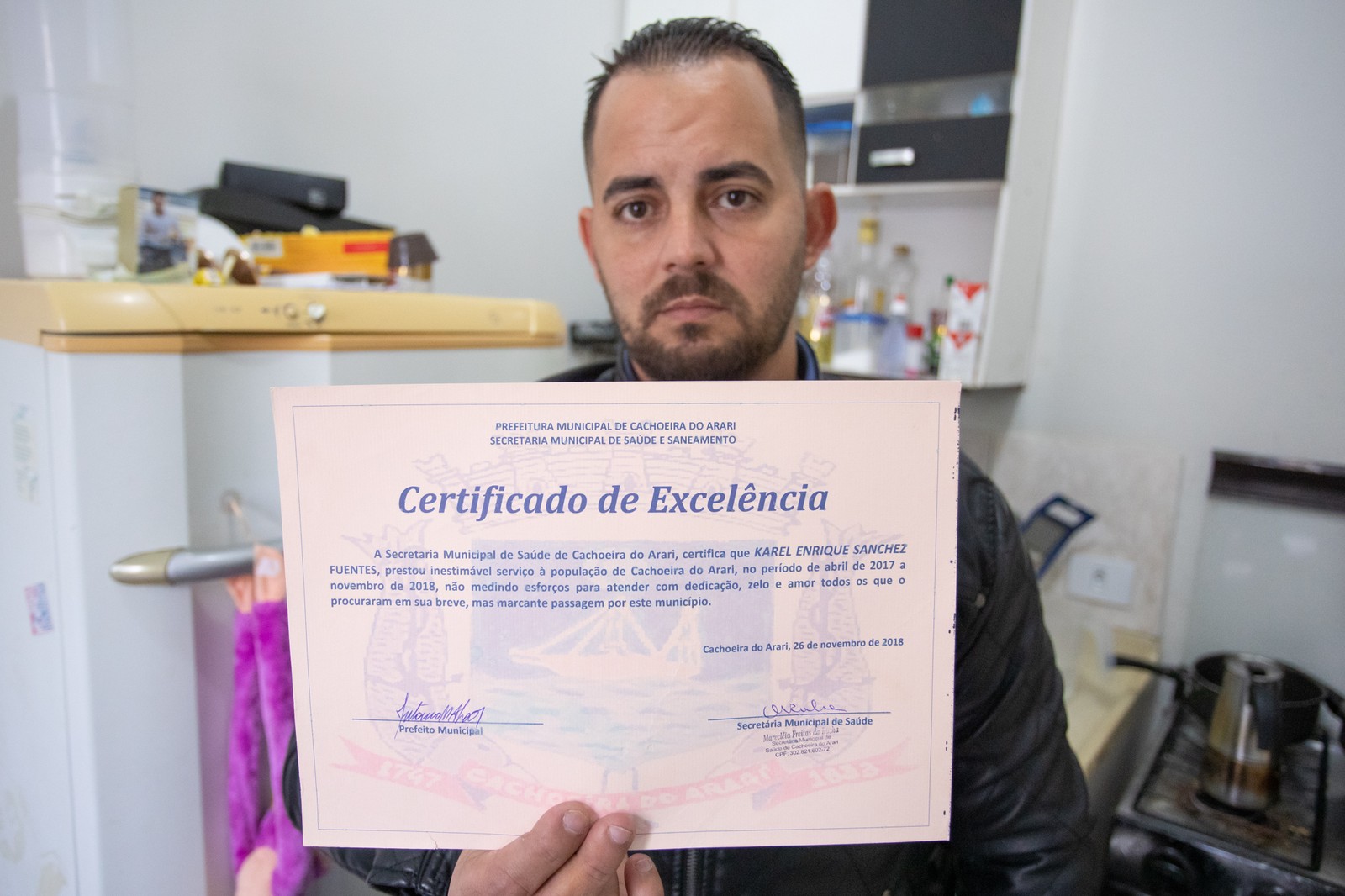RIO DE JANEIRO, BRAZIL – “I can’t go back to Cuba. I won’t be accepted there.” Karel Enrique Sanchez Fuentes, a 35-year-old physician, is one of 2,209 Cubans who applied for asylum in Brazil between November 2018, when the Caribbean country’s Mais Médicos agreement was terminated, and April 2019.

The figure is nearly three times what it was a year earlier. From November 2017 to April 2018, when the agreement was in full force, there were 880 requests. As a result, from an average of 4.86 applications per day, the rate climbed to 12.62 after Cuba’s withdrawal from the program. The data are from the National Committee for Refugees (CONARE).
Cuban requests for asylum had been growing since the beginning of 2013 when Mais Médicos commenced. In November 2018, however, there has been an unprecedented increase that persists through February 2019.
In November, Cuba announced that it would abandon the program, quoting statements by newly-elected president Jair Bolsonaro, who had promised during his campaign to expel Cuban doctors and demand they sit for an examination: the National Examination for the Revalidation of Medical Diplomas Issued by Foreign Institutions of Higher Education (Revalida).
Nevertheless, Bolsonaro also promised to grant asylum to any Cuban who requested it — a different title from that of refugee, but one that also allows foreigners to remain legally in the country.
“We must grant asylum to those who want it. We cannot continue to threaten them as they were threatened in the previous government. […] If I am president, any Cuban wanting to seek asylum here will have it,” said the elected president soon after Cuba decided to abandon the Mais Médicos program.

The G1 news site asked the government for the number of Cuban asylum applications accepted by the government since the end of the Mais Médicos program and how many were granted. The Presidency’s Communications Secretariat stated that the matter would be answered by the Ministry of Justice and Public Security. The portfolio, in turn, said that the issue fell under the responsibility of Itamaraty — the Foreign Office — which has not replied by the date of publication of this report.
To try to address the issue — at least in part — the Health Ministry reported that there is an effort by the federal government to “assist Cuban doctors in remaining in the country and seeking alternatives for their professional practice.”
According to CONARE, there were requests from Cubans in every state and in the Federal District between November 2018 and April 2019. The trend is not echoed even among asylum applicants who have come from Venezuela — which the Brazilian government acknowledges as a “serious and widespread violation of human rights.”
CONARE has granted thirteen asylum applications this year. Of these requests, only three had been submitted in 2018, the year in which the agreement came to an end — the body does not detail the month in which Cubans now considered refugees filed their application. Each case requires approximately two years to be processed.

